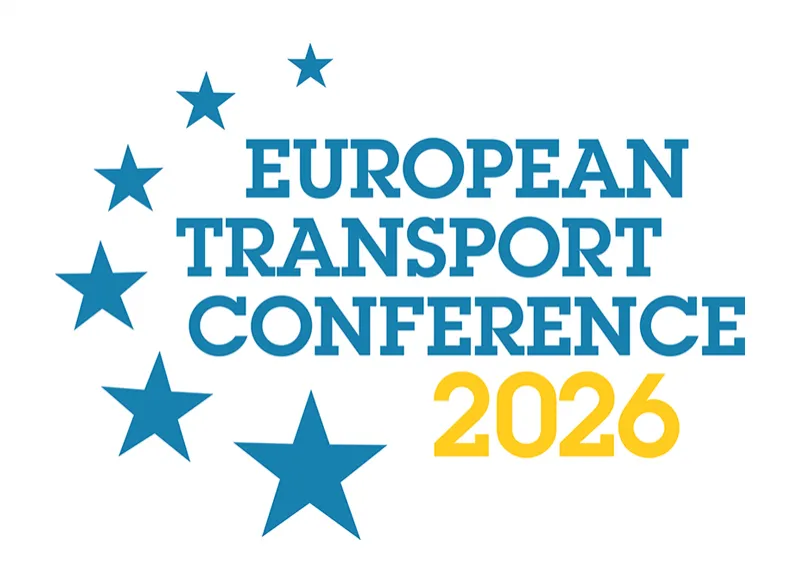-
Past ETC Papers

Browse, search and view papers from the past AET Conferences.
-
Members' Area

AET promotes networking and exchange of ideas, information and opportunities amongst members.
ETC Conference Papers
Conference Past Papers Repository
Do we need a new approach to appraisal? Lessons from a comparison of guidelines for the appraisal of transport infrastructure investment
Seminar
Day 3 (9 Sep 2022), Session 8, APPRAISAL – WHERE DO WE START?, 09:30 - 11:00
Status
Accepted, documents submitted
Submitted by / Abstract owner
Jonas Horlemann
Authors
Jonas Horlemann – Chair of Urban Structure and Transport Planning, TUM School of Engineering and Design, Technical University of Munich
Short abstract
Guidelines for the appraisal of transport infrastructure investment are compared. This may stimulate discussion on whether a new approach towards an appraisal of coherent measures and policy packages is needed.
Abstract
The transport sector in Europe and worldwide is facing major challenges: emissions need to be drastically reduced while maintaining an adequate level of transport activity to ensure mobility needs and access. In general, the transport sector must transition to a path of sustainable development.
These challenges highlight the need for a shift in transport policy and planning processes: One alternative to the “predict and provide – as long as benefit exceed costs” paradigm could be one that seeks to create and assess coherent measures and policy packages.
Transport appraisal guidelines often influence existing planning processes by providing tools for comparing project options. At a later stage of planning and financing, appraisal methods are used to calculate a “value for money” and thus to justify a project in relation to its costs. If a project is publicly funded, appraisal is required. Since appraisal guidelines play a relevant part in planning and evaluating measures, is a shift in appraisal needed to address the new challenges?
To this end, the author seeks to provide a comparison of selected transport appraisal guidelines from European countries, guided by the following questions
• What is being appraised?
• Why is it being appraised?
• How is it being appraised?
The author sees the benefit of such a comparison in three ways. First, it identifies the principles and building blocks of current transport appraisal guidelines. Next, it stimulates a discussion of whether current appraisal methods are suited to address the challenging issues of the future. While some building blocks might continue to be useful, a change in perspective on other principles of appraisal might be appropriate. Finally, this could serve as an inspiration for developing more innovative approaches.
The results of this comparison of appraisal guidelines are being developed within the BeneVit project. This is an innovation project that aims to develop and apply innovative transport appraisal methods. The focus of the project is on practical applicability, as stakeholders from a German consulting agency, a regional transport association, a transport company, and a local planning authority are involved. To develop a practice-oriented approach, the author seeks an international perspective and discussion.
BeneVit is part of the Munich Cluster for the Future of Mobility in Metropolitan Regions (MCube, https://www.mcube-cluster.de/en/) an interdisciplinary cluster of partners from science, business, the public sector, and society to develop sustainable solutions for mobility in metropolitan regions.
Programme committee
Transport Economics, Finance and Appraisal
Documents:

Association For
European Transport
Forester House
Doctors Lane
Henley-in-Arden
Warwickshire, UK
B95 5AW
+44 (0) 15 64 793552
VAT number: 710 1866 64
Conference Supporters & Endorsers




Legal Entity
The Association for European Transport is registered as an Association ('vereniging') with the Chamber of Commerce for Haaglanden in The Netherlands under company number 27170096.
Built on Zenario




